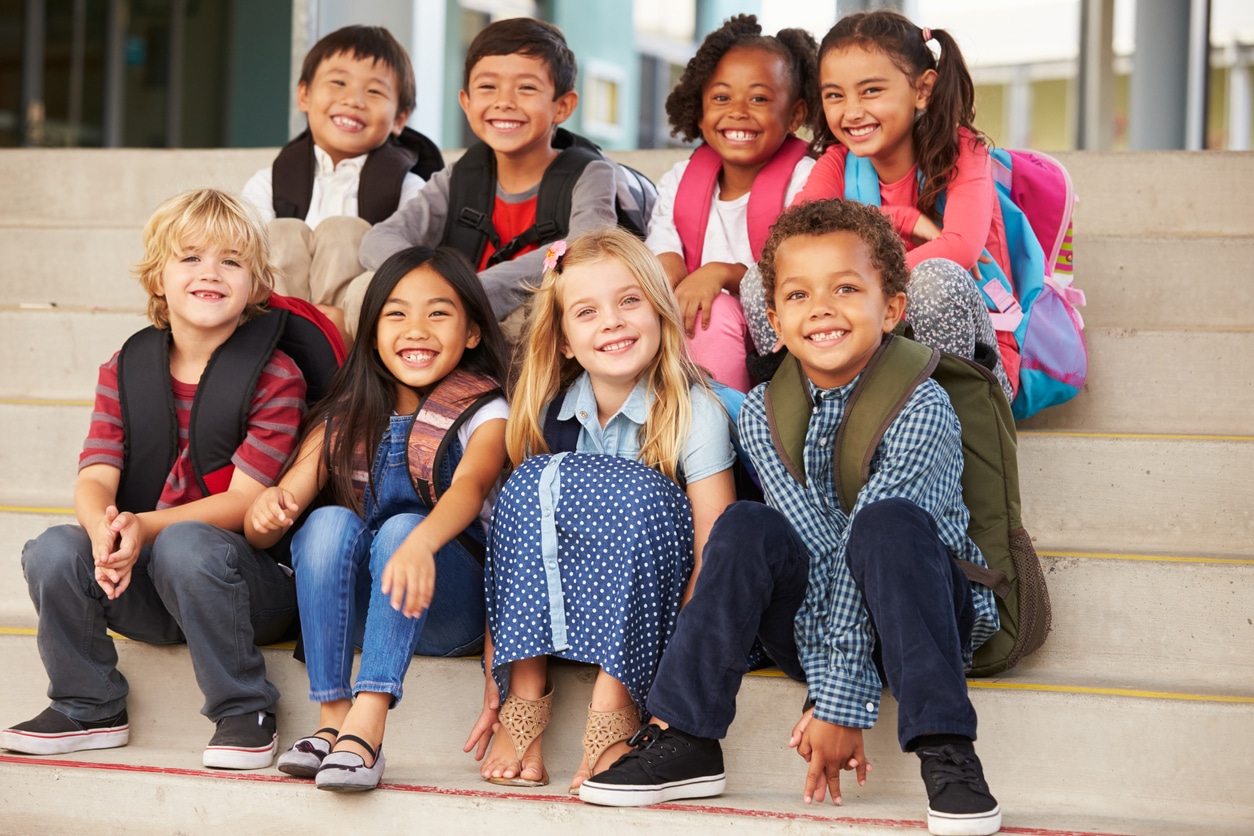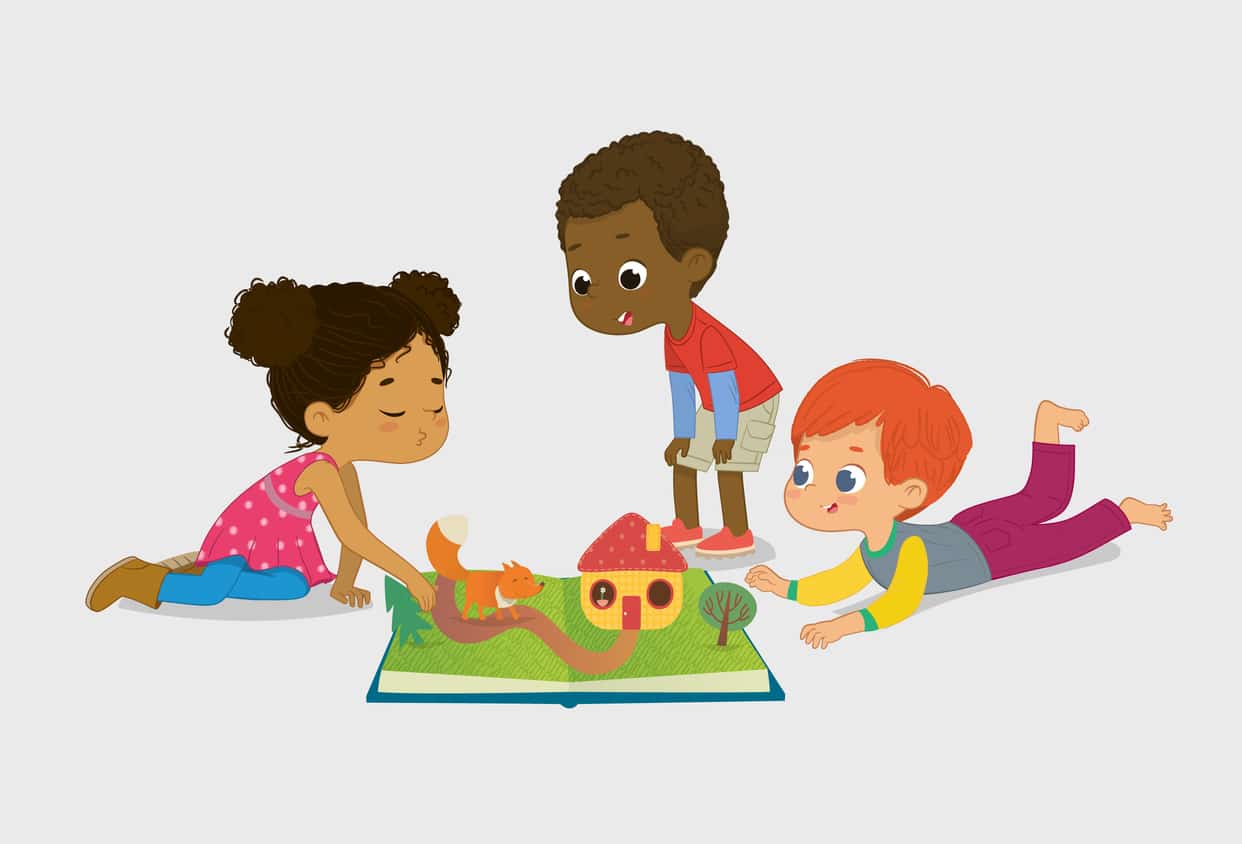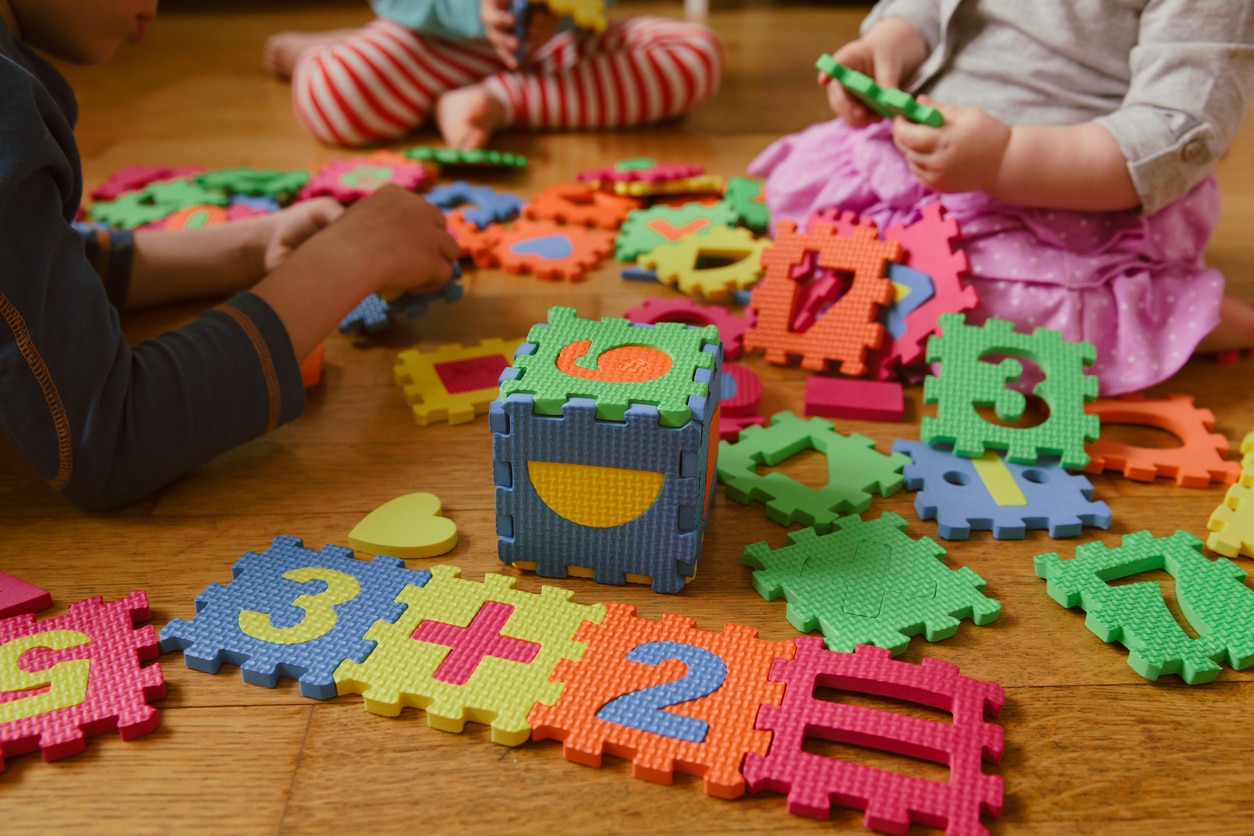Fostering Early Self-Regulation and Social Skills

When thinking of child development and school readiness, family members and educators alike tend to focus on academic skills. Students’ early literacy and mathematics skill development feels critical, and it is! Many families and educators worry about children falling behind in these areas. However, another key domain of child development and school readiness that receives less focus, but is also critical, is social-emotional development. Many studies have found that social-emotional development is not only essential to child development and school readiness, but also contributes to the attainment of other important skills and overall academic success (Shala, 2013). That is why VKRP places a purposeful and equal emphasis on children’s academic and social-emotional skills.
How Do We Measure Social-Emotional Skills?

VKRP utilizes the Child Behavior Rating Scale (CBRS), a short rating scale that teachers complete to report on their perception of two areas of students’ social-emotional skills: self-regulation and social skills. Self-regulation is made up of the skills needed to direct attention, work through emotions, and manage behaviors to cope with the demands of the school environment. Examples of self-regulation are following directions, staying engaged with tasks, and expressing emotions. Social skills include the ability to navigate interactions and to build relationships with peers and adults such as cooperating in a group and resolving conflicts. VKRP uses the CBRS to capture teachers’ perceptions of these two skills because it is reliable and valid across culturally diverse contexts. However, it is still important to acknowledge that teachers’ implicit or explicit biases influence how they perceive and rate students’ behaviors.
Walking Through Problem-Solving
Teaching these social-emotional skills can be challenging, but VKRP provides numerous resources for fostering self-regulation and social skills.
One such resource available on the VKRP website is the Social Skills Guide: Promoting Problem-Solving. This resource highlights how adults can help children develop social-emotional skills by teaching problem-solving methods. As outlined in this Social Skills Guide, adults can coach children through problem-solving steps. Take for example the scenario of a child having trouble sharing a classroom toy with a friend.

- The adult can help the student identify the problem – another child wants to play with the toy they are playing with, but they do not wish to share.
- The adult would then help the child think through various solutions to the problem. Some viable solutions in the scenario could be taking turns, putting the toy away and having both children play with another toy, or the children play with the toy together.
- The adult helps guide the child through what the possible outcomes of each solution could look like.
- The adult can then help the child decide on what would be the best solution for everyone involved.
- Finally, the adult and child(ren) try out the chosen solution.
Once an adult has helped children learn these steps, the child can implement the steps themselves and use them in problem-solving situations. Teachers and administrators can find further information about teaching problem-solving and other social-emotional skills by accessing the skill guides and resources within the VKRP Web portal through their PALS login online.
Keep The Resources Coming!
Beyond the VKRP web portal, the VKRP Resources page on the VKRP website and the Early Childhood Education Resource Hub include free and accessible strategies and activities for supporting young children’s development of social-emotional skills at school and at home. Together, educators and family members can play a huge role in helping children develop social-emotional and academic skills! These skills work in concert to support and advance children’s success in school as well as in life.
VKRP cares about the well-being and success of teachers as well as students. Teachers are the core of education, and the protection of their social–emotional wellbeing is vital, especially during these stressful times. For more information on promoting the social–emotional wellbeing of teachers, check out the December 6th edition of the VKRP Blog.
More questions? VKRP provides support via the online chat feature when you are in the system, via email vkrp@virginia.edu, and via toll free 866-301-8278 ext. 1

